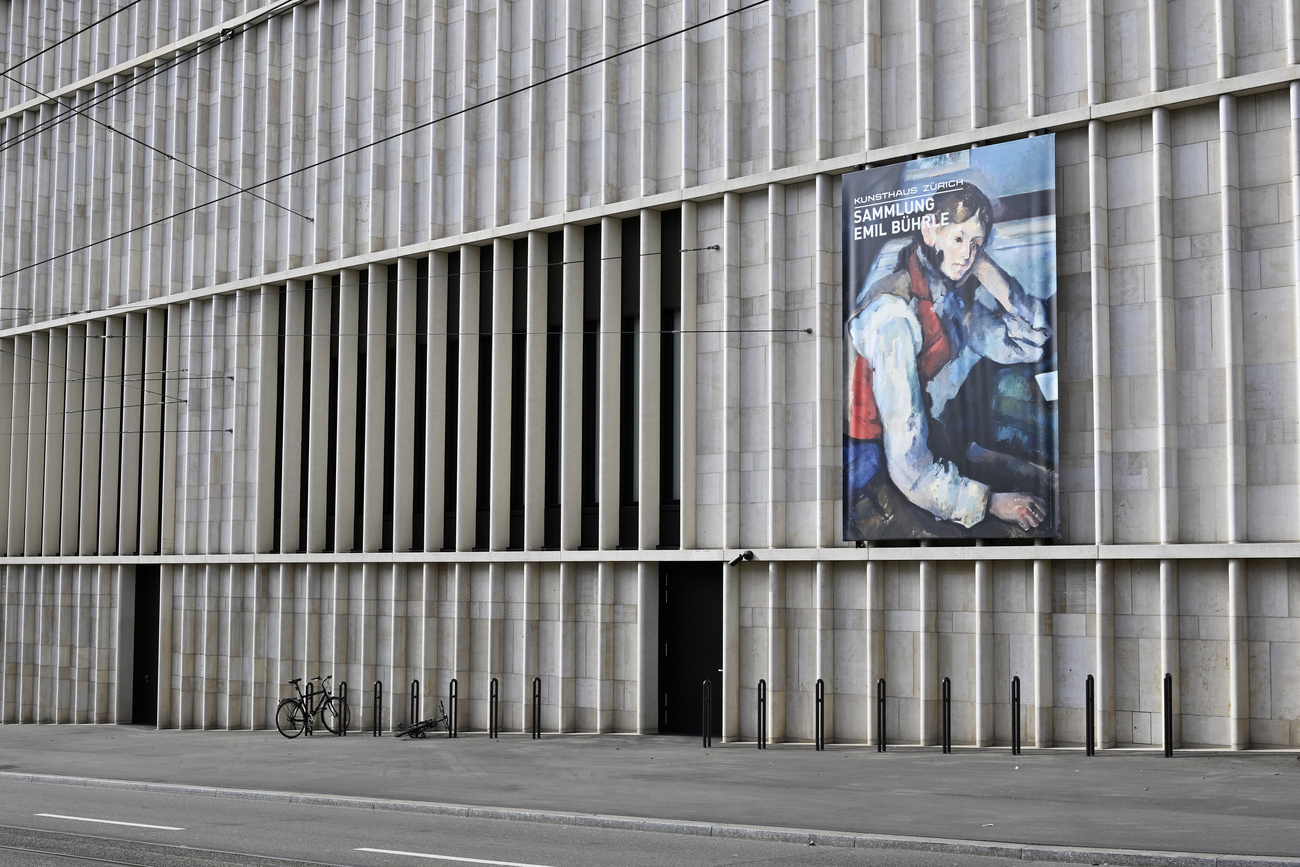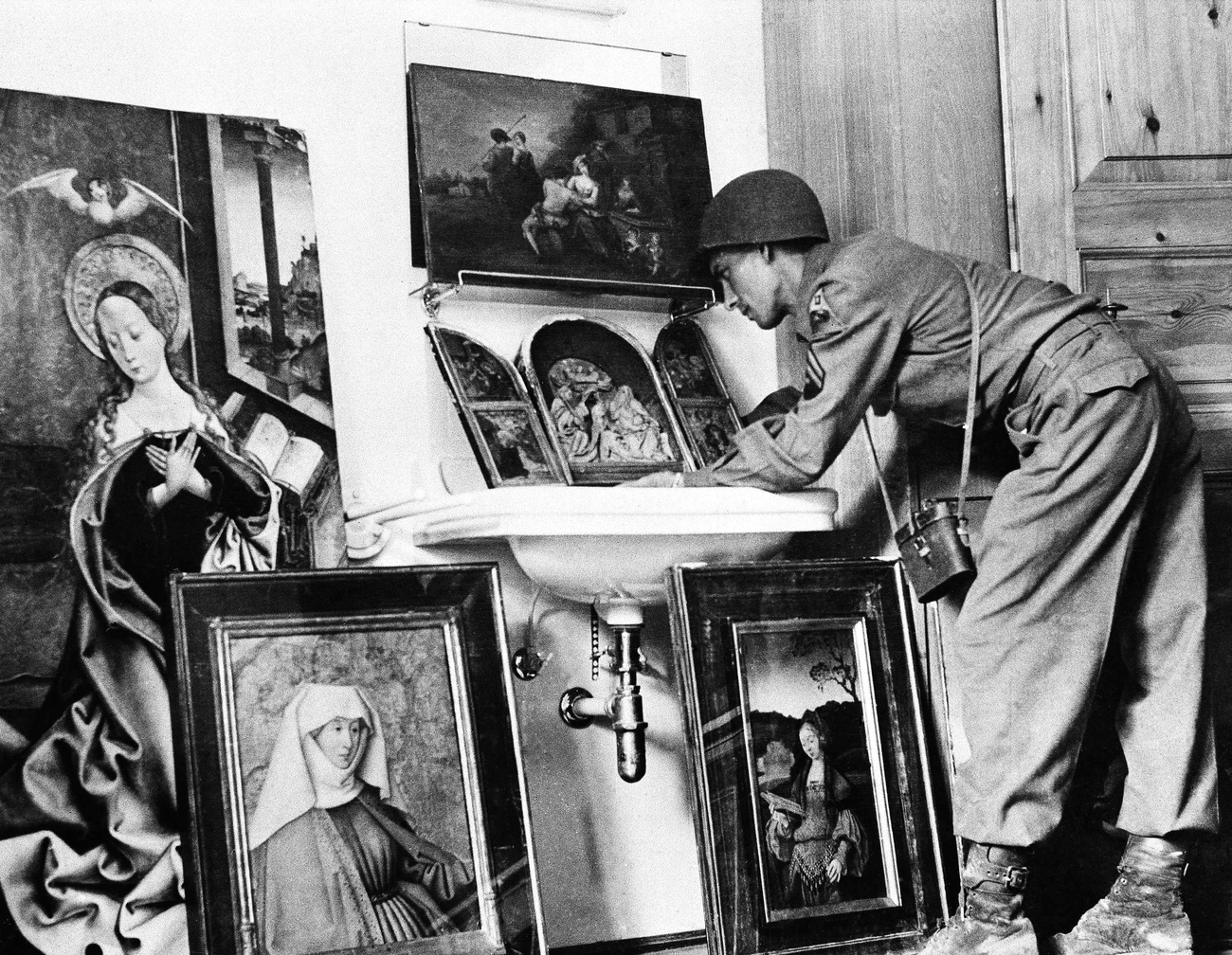
New contract to manage controversial Bührle collection

The owners of the Bührle art collection and the Zurich museum where it is exhibited have signed a new contract to address some of the issues around the controversial origin of the works.
The 203 paintings on display since October 2021 at the Kunsthaus Zurich have been the source of heated debate, with an independent panel of historians describing the exhibition as an insult to victims of Nazi looting.
The works are from the legacy collection of Emil Georg Bührle, a Swiss businessman who made his fortune selling arms to Germany during World War II, who bought art looted by the Nazis, and who benefitted from slave labour.
After making public the previous contract (signed in 2012) between the Kunsthaus and the Bührle Foundation late last year, the two parties on Thursday announced a new contract to address the issues, valid until 2034.
Washington Principles
The terms of this new deal explicitly indicate an alignment with the Washington Principles on Nazi-Confiscated Art, a 1998 international agreement about the restitution of art confiscated by the German regime before and during World War Two.
The contract also gives more responsibility and freedom to the Kunsthaus museum in presenting the works in a clearer context that explains the historical role of Bührle and the state of knowledge around the provenance of the works.
Thirdly, the museum will also be responsible for conducting further research into the origin of the paintings – previously this had been largely done by the Bührle Foundation.

More
An ‘affront’: researchers react to the Bührle Collection in the Kunsthaus Zürich
In December, the foundation’s director Lukas Gloor (who has since stepped down), said that of the 203 works, the origin of 113 was clear and unproblematic. Of the other 90, while the origin was less clear, there was no obvious indication of suspicious origin, he maintained.
Gloor also criticised the involvement of Zurich city authorities in the debate, saying that the exhibition had already clearly explained the background and origin of the pictures.
In November, Zurich city and cantonal authorities – the Kunsthaus is publicly subsidised – said they supported an independent appraisal of the origins of the works currently on display. The independent committee of experts to be set up to do this is not mentioned in the new contract between foundation and museum.
Tricky collections
Switzerland served as a hub for Nazi-looted art before and during the Second World War. Some Swiss museums have reached settlements with the heirs of collectors whose art was looted by the Nazis or sold under duress. The Kunstmuseum Bern, which inherited the controversial collection of the reclusive hoarder Cornelius Gurlitt, has returned several works to descendants of the original owners.

In compliance with the JTI standards
More: SWI swissinfo.ch certified by the Journalism Trust Initiative


























You can find an overview of ongoing debates with our journalists here . Please join us!
If you want to start a conversation about a topic raised in this article or want to report factual errors, email us at english@swissinfo.ch.